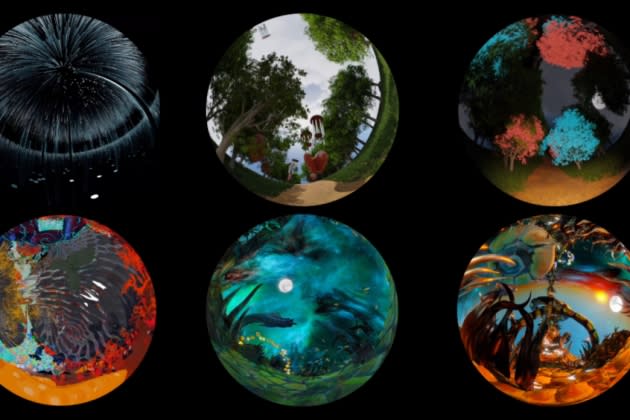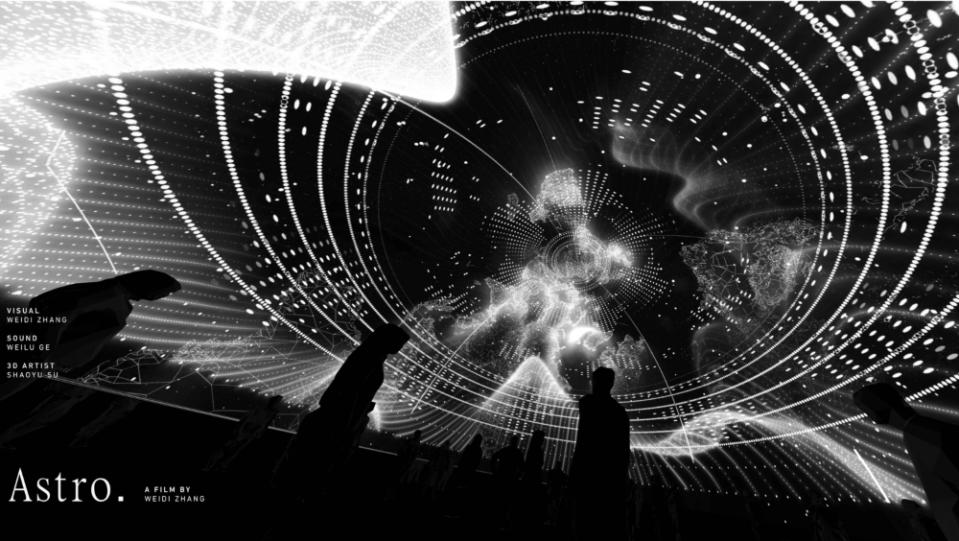Immersive Industry Sees Promise in Full Dome Exhibition

Questions of distribution animated industry talk and private debate at this year’s NewImages Festival, as delegates considered new strategies to connect accomplished immersive works with the widest possible public.
Of the new opportunities presented, the Full Dome model – which sees 360 works projected on the large spherical screens – proved particularly eye opening, as acquisitions execs from Paris’ Diversion Cinema and exhibitors from Montreal’s Society for Arts and Technology (SAT) keyed into the immersive, multi-user potential found – among other possible locations – on the domed ceilings of your friendly neighborhood planetarium.
More from Variety
Games for Change Tallies International Impact of VR Doc 'On the Morning You Wake'
Public Support Puts Montreal Interactive Studio in Driver's Seat of XR Innovation
“Unlike VR, [the Full Dome model] creates a social, group-based, and shared experience based on immersion,” says SAT general director Jenny Thibault. “The business model [for traditional VR] is quite complex. Producing a work requires competitions, coordination and support. You can’t do volume exhibition, as it’s very expensive to have headsets for everyone. So we encourage VR producers to develop a dome version as well, because there is already a whole network throughout the world.”
One of those domes can be found perched on the roof the SAT itself, which has pioneered and evangelized the communal immersive model since 2011. For NewImages, SAT brass helped curate a selection of 15 immersive projects that were projected on a dome built for the occasion of this year’s festival in the garden just outside of Paris’ Forum des Images.

Among the projects selected for this Full Dome showcase were the all-ages classical music title “BéBé Symphonique,” the environmental doc “Worlds of Ice,” and a program of the seven winning projects from the most recent edition of SAT’s own immersive cinema spotlight, SAT Fest.
“These are projects that can be exported, that can travel and create a better understanding of the medium,” says Thibault, who cautions that 360 titles better fit the Full Dome model than interactive projects.
“Reformatting interactive requires a lot more technical adaptation,” she adds. “Linear content is easier, and also allows you to do real volume in terms of exhibition. You can’t do 50 people at the same time in VR, whereas any dome can fit at least 150 people at a time. It’s more economically viable.”
Best of Variety
Sign up for Variety’s Newsletter. For the latest news, follow us on Facebook, Twitter, and Instagram.

